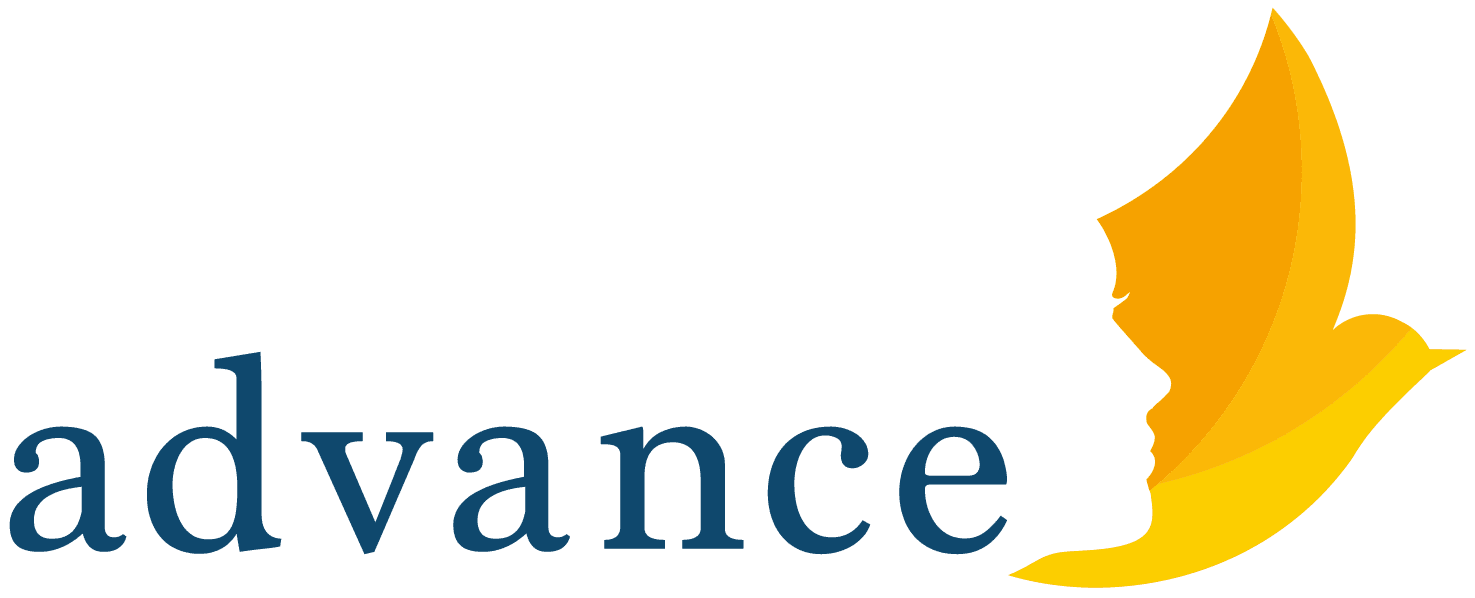The women I meet through my role at Advance are very often already living apart from their perpetrator. They have frequently fled from the abuse they have endured. This transition is quite an unsettling time for a survivor. Not only are they going through the emotional trauma, but they are quickly having to adjust and learn to live on their own. This means being in control of their own finances, and often for the first time. For some survivors they are left with a debt from an ex-partner, or a family member who has asked them to apply for loans, or they must pay full rent due to the refusal of payment from their ex-partner who has now left the premises. These are just a few examples of financial and economic abuse.
When I meet or speak with survivors, they often have no idea how they are going to make ends meet. They ask me how to pay all their debts, and bills, and survive especially during the cost-of-living crisis. Most women affected by domestic abuse have to manage multiple challenges – poor mental health as a result of the abuse, often focusing on the safety and security of their children and financial insecurity due to the lack of support and funds available – all while trying to rebuild their lives.
I work with women to understand money management, finance, and budgeting in context of their expenses and income. I tailor my support to each woman’s individual concerns. This provides knowledge and skills which then empowers them to make decisions that are right for them in their particular situation.
Running a household, which involves paying daily, weekly and monthly bills will involve everything from heating your home, feeding your family, paying for your phone and internet, clothing children, and toiletries and healthcare. And if there is a baby or infant, there are lots of other costs from nappies to bottles and milk. It is imperative for a survivor to feel in control of their finances rather than overwhelmed.
Victims of coercive control often involve the perpetrator taking out loans in the survivor’s name. She is now left to pay these loans. I work with the survivor and other external agencies to create a way forward towards a debt free solution. Practical tips include a budget planner which identifies how they are currently spending money and offers advice on how to sort cheaper mobile phone contracts or Wi-Fi, for example. I can suggest how to get the best deals and if needed, apply for foodbank vouchers.
What I enjoy about my role is meeting survivors who develop an understanding that they can manage their finances on their own. The realisation that life is very possible outside of an abusive relationship…yes this takes time, but it is worth the hard work and patience. One survivor said to me “You are the female version of Martin Lewis…” We both laughed. It is at that moment you see the breakthrough for the survivor as she laughs even through adversity!
Advance Finance & Debt Coordinator
#WinterHardshipFund
Advance helps women to secure housing
You can help to make their house a home
www.advancecharity.org.uk @ADVANCEcharity
Notes:
- The Finance and Debt Coordinator is a new role at Advance Charity, and is based in the London Whole housing Services Partnership (LWHSP) team. The role is designed to support survivors of domestic abuse with finance and debt.
- Women must be referred to Advance, via statutory services or the charity’s self-referral scheme. For more information about who Advance is able to support, please visit Get help
- For facts and statistics about domestic abuse and women in the criminal justice system, as well as Advance’s work, please visit Our impact
- Economic Abuse: An abuser may restrict or control how a survivor may acquire, use and maintain money and economic resources, including accommodation, food and clothing.
- An abuser may have coerced you into debt in any of the following ways:
– making you take out a credit card or loan against your wishes
– making you buy something on credit against your wishes
– taking out a loan, mortgage or credit card in your name
– using your credit card
– using other sources of credit in your name, such as an internet account or phone
– putting bills in your name, including car finance agreements, mobile phone contracts or catalogue payments
– forcing you into a position where you need to take out credit to afford to live, for example by stealing from you, taking your wages or making you buy things.
- For more info on economic abuse visit survivingeconomicabuse.org



